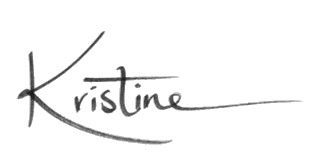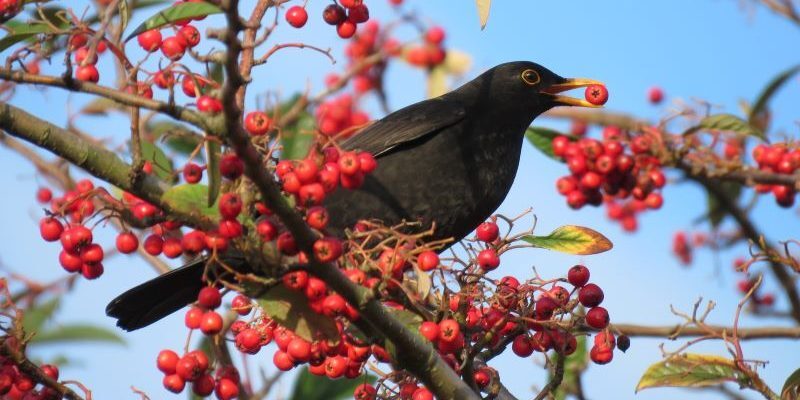I have been trying to read
the script cut in these hills—
a language carved in the shimmer of stubble
and the solid lines of soil, spoken
in the thud of apples falling
and the rasp of corn stalks finally bare.
The pheasants shout it with a rusty creak
as they gather in the fallen grain,
the blackbirds sing it
over their shoulders in parting,
and gold leaf illuminates the manuscript
where it is written in the trees.
Transcribed onto my human tongue
I believe it might sound like a lullaby,
or the simplest grace at table.
Across the gathering stillness
simply this: “For all that we have received,
dear God, make us truly grateful.”
by Lynn Ungar
I came across this poem a while ago, and I love the quest to ‘read the script cut in these hills’. What is expressed in the very beingness of nature? How can I be open enough, quiet and unconcerned for a moment with my own stuff, so I can actually read it? Lynn Ungar seems to be good at it, I already gathered that from another poem of hers I shared here, and the riches on her website.
As I write this, the year is close to turning to Christmas, the longest night already behind us. And it reminds me of how in each situation it may be possible to turn to gratitude, to study the ways the cup might be half full, as well as half empty. Not necessarily straightforward, but so very worthwhile… If you haven’t come across it before – or if you have but forgotten it again – I highly recommend Brother David’s gratefulness site which is brimming with inspiration for living this transformative quality. For as he says: “It is not happiness that makes us grateful, but gratefulness that makes us happy.”
So this Christmas, more than anything else, I wish you oodles of gratitude, and some exquisite birdsong…



